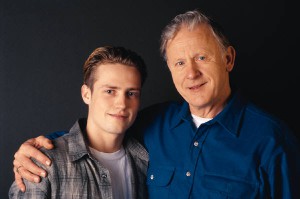
There seems to be a lot of truth to the old saw “You are what you eat.” Research has found strong evidence linking diet to heart disease, hypertension and diabetes. Now researchers are adding cancer to the list of chronic illnesses that may be preventable by eating a healthy diet.
As previously noted, maintaining a healthy weight, eating a Mediterranean-style diet rich in fruits and vegetables, and exercising regularly are the three smartest things you can do to reduce your cancer risk and improve your odds of survival if you do contract cancer.
According to estimates by the American Institute of Cancer Research, more than 100,000 cases of cancer a year could be prevented in the U.S. if people ate a healthy diet to maintain a healthy weight and avoid obesity.
“Dozens and dozens of studies show that people who are overweight or obese have higher rates of many different cancers,” Walter Willett, M.D., head of the department of nutrition at the Harvard School of Public Health told AARP in a recent article. “It’s not just one study or two,” he says. There is “a massive amount of evidence.”
In concert with the National Institutes of Health, AARP studied the long-term effects of eating a Mediterranean-type diet on the development of cancer. While the study focused on people over age 50, the findings were so remarkable that researchers believe the benefits will prove true for people of all ages. The study provides the most powerful evidence to date of the strong links between diet and cancer.





